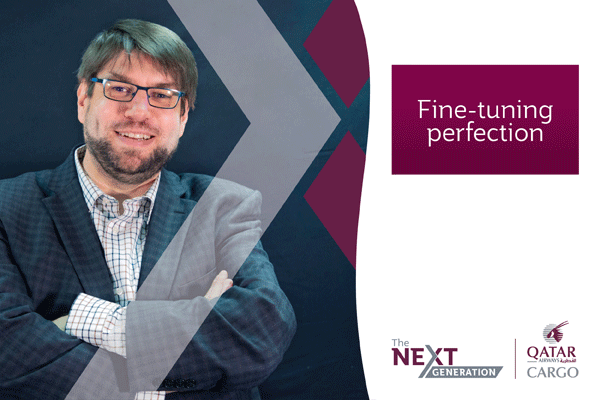
 |
| |
 |
 #INTHEAIREVERYWHERE |
| Vol. 21 No. 39 | Tuesday
October 18,
2022 |
| |
We
recently caught up with friend and occasional contributor, Austin, TX-based
air cargo consultant Michael (Mike) Webber who consults for international
gateways in North America, and has completed projects in Latin America,
Asia, Africa and the Middle East. Clients and journalists value his willingness
to tell what they need to know, rather than simply what they want to hear. |
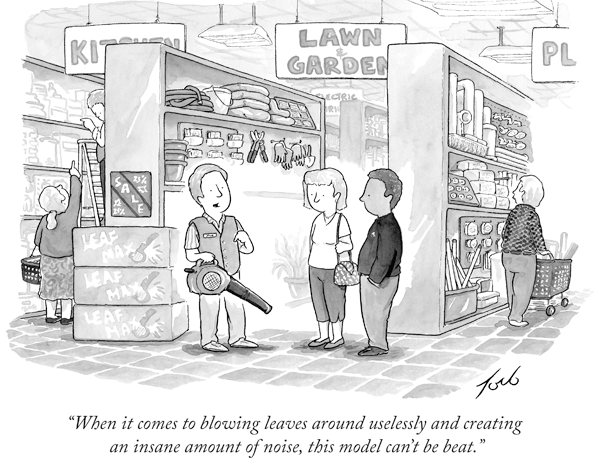 |
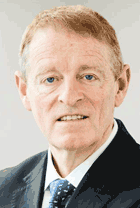 In some respects European Airlines are truly
getting back to normal. All during October, employees at European carriers
have been staging work protests post COVID. Latest are Eurowings pilots
on a work stoppage closing down check-in counters (pictured) at Cologne
Bonn for three days to demand better working conditions this week.
In some respects European Airlines are truly
getting back to normal. All during October, employees at European carriers
have been staging work protests post COVID. Latest are Eurowings pilots
on a work stoppage closing down check-in counters (pictured) at Cologne
Bonn for three days to demand better working conditions this week.EUROCONTROL, which keeps track of flight activity said June-September shows flight activity at 87% of pre-crisis levels ”Aviation is not in a bad place,” said Eurocontrol director general Eamonn Brennan (right). Eurocontrol said for the week ending October 2 showed transatlantic flights back within 4% of the same week in 2019. But flight levels between Europe and Asia during that same week remained 29% below pre-pandemic peaks. |
Officially opened last month by Prime Minister Shri Narendra Modi, India's National Logistic Policy (NLP) initiative aims to halve India’s logistics costs and place the country in the top 10 Logistics Performance Index (LPI) by 2030, amongst other initiatives.
“It is a proud moment for the country as the Government of India is executing a much-needed reform for the logistics industry,” said Vineet Malhotra, Co-Founder and Director of Kale Logistics Solutions. “The policy consists of reforms that could have a positive impact on the industry. Moreover, the focus on digitalization is commendable as the world of logistics is gradually turning digital and in the coming years, digitization will be the new normal. “As a logistics IT solutions provider, Kale is committed to the action plan set by Prime Minister Narendra Modi.” Kale signed up GMR Hyderabad Air Cargo Hyderabad International Airport in India as its one hundredth airport cargo station this year. With this partnership, around 85% of India’s air cargo traffic is now running on Kale’s systems. In a related development Kale was ranked among the top 100 companies in the western region of India for its first-class business culture and was awarded 28th position by employee healthcare platform, Loop which works with large companies to rank team cultures across India. Kale was recognized for its culture of innovation that welcomes new ideas from across the organization, which has led to the creation of an industry-leading portfolio of solutions and a differentiated position as the preferred digital transformation partner to the global logistics sector. “Employee centricity is in our DNA and we at Kale know the value of organic talent development,” said Rohit Jain, Head of HR, Kale Logistics Solutions. “We are committed to an environment that presents equal opportunities. This award reflects our agility, innovation, and technology prowess, and motivates us to scale greater heights.” Kale is a leading tech solution provider and is currently engaging with more than 100 air cargo stations globally to digitally transform the way cargo moves. |
We Owe It To Our Customers
. . . Federal court rules a PayCargo competitor conducted “willful,
pervasive and relentless” infringement and awards PayCargo more than
$11 million.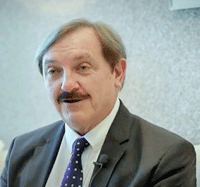 “We’re
extremely gratified with the court’s decision,” said Eduardo
Del Riego, (right) PayCargo CEO. “As a company founded on
the highest principles of honesty and transparency, we have taken this case
of another business infringing on our trademarks and breaching our agreement
very seriously. We’ve worked hard to build PayCargo’s reputation
as the leader in the industry, so we owed it to our customers, employees,
and business partners to defend it vigorously. “We’re
extremely gratified with the court’s decision,” said Eduardo
Del Riego, (right) PayCargo CEO. “As a company founded on
the highest principles of honesty and transparency, we have taken this case
of another business infringing on our trademarks and breaching our agreement
very seriously. We’ve worked hard to build PayCargo’s reputation
as the leader in the industry, so we owed it to our customers, employees,
and business partners to defend it vigorously.“Furthermore, the integrity of the industry needs to be protected to continuously advance and innovate.” Logistics payments and data infrastructure platform PayCargo announced it has been awarded $11.5 million plus prejudgment interest and attorneys’ fees in a trademark infringement and breach of contract lawsuit the company brought against CargoSprint and its founder/CEO Joshua Wolf. “The judge in the United States District of Florida issued her findings of facts and conclusions of law on September 30, 2022, finding CargoSprint liable for “willful, pervasive and relentless” infringement of PayCargo’s federal trademarks and breach of contract. “In 2016, PayCargo reached a settlement agreement with Wolf and his company, PayAirCargo, to cease commercial use of the name and change it to CargoSprint. In 2019, PayCargo filed its federal civil suit because defendants continued to use the confusingly similar PayAirCargo name. In finding that Wolf and CargoSprint infringed on PayCargo’s trademarks and breached the agreement, the court explained: “Customers and vendors alike expressed confusion over whether the two competitors were a single entity.” |
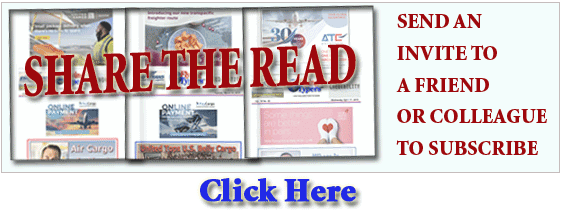 |
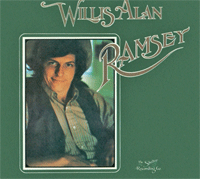 When I was working in record stores 40 years ago, Willis Allen Ramsey made this one album that floored me but no follow-up. Now we live in the same area and he still hasn’t made the 2nd album but I’ll listen to the first one the rest of my life. Click here. |
If
You Missed Any Of The Previous 3 Issues Of FlyingTypers Access complete issue by clicking on issue icon or Access specific articles by clicking on article title |
||
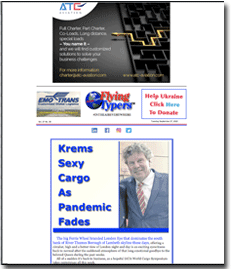 Vol. 21 No 36 Krems Sexy Cargo Chuckles for September 27, 2022 ATC Says Take A Load Off Air Cargo Flying Breezes |
|
|
Publisher-Geoffrey Arend
• Managing Editor-Flossie Arend • Editor Emeritus-Richard
Malkin Film Editor-Ralph Arend • Special Assignments-Sabiha Arend, Emily Arend |
Send comments and news to geoffrey@aircargonews.com
|